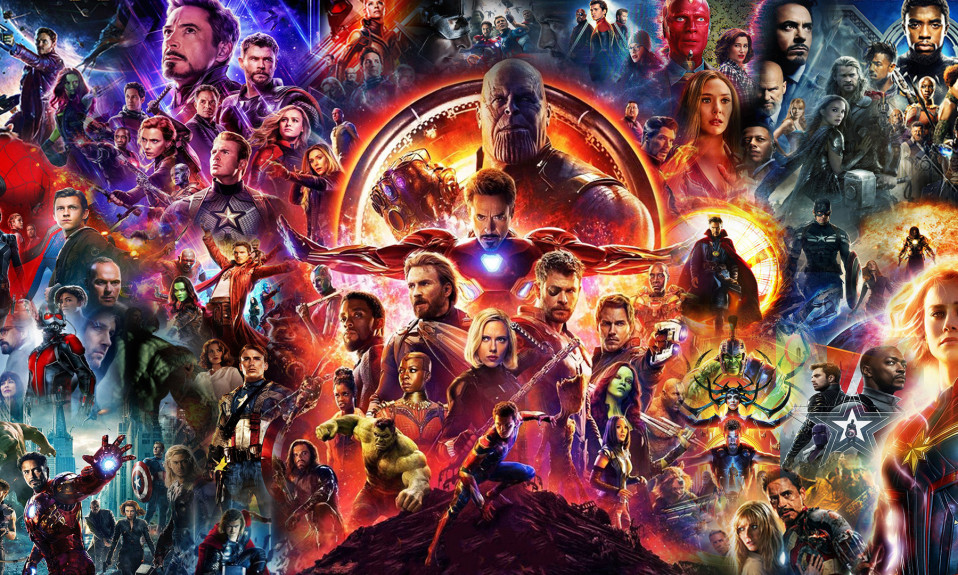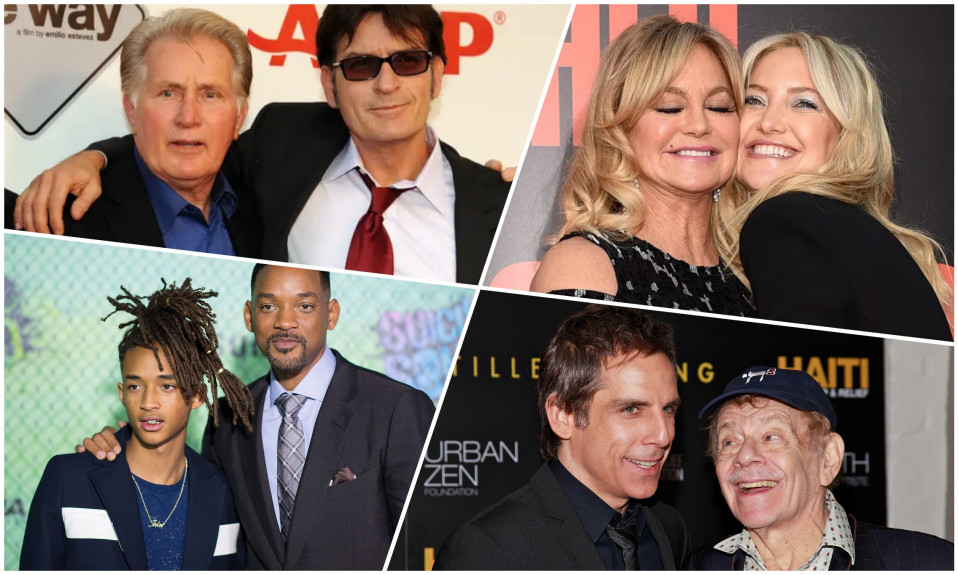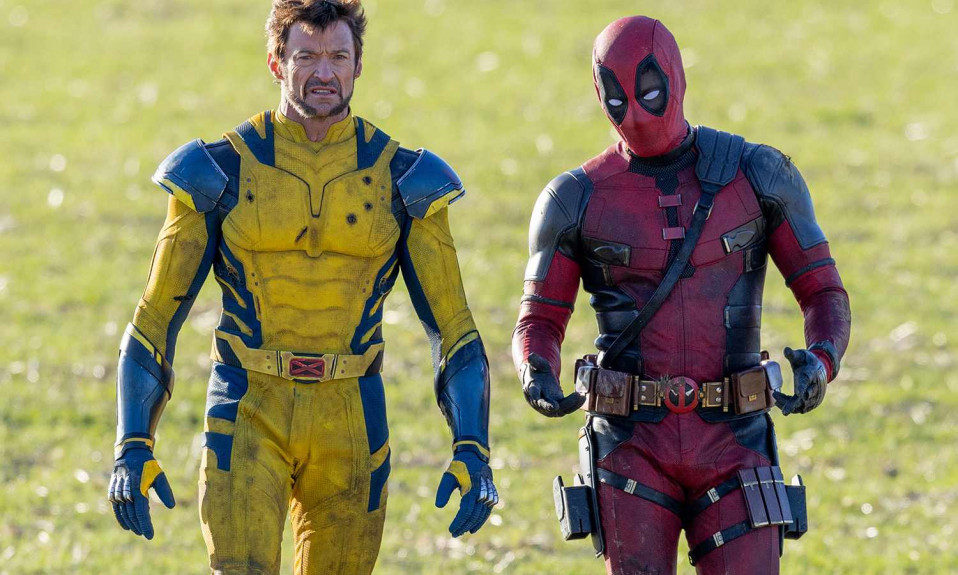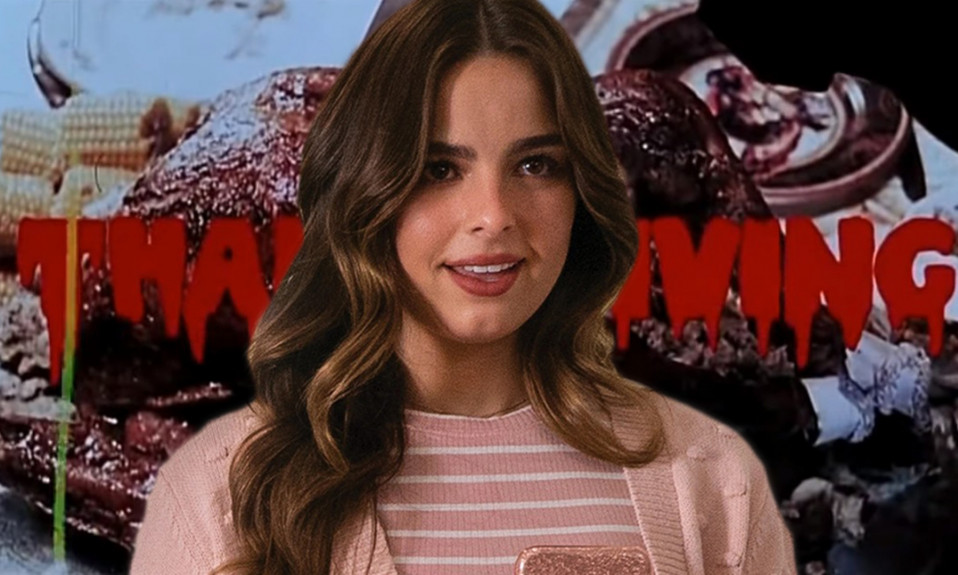After 15 years, with over 30 films, many interconnected TV series, specials and one-shots, and more coming soon, will the MCU ever end?
Today I want to discuss the benefits of the MCU having a definitive ending. I will look at how ending the MCU will be positive for its overall narrative, the creatives behind it, and the industry as a whole.
The Narrative
The MCU has so many characters, narratives, and so many projects overlap, it’s becoming hard to keep up. This will be more pronounced in the upcoming cross-over movies. Where prior story knowledge is necessary to invest in the action. The MCU was bound to eventually encounter this problem. As its universe grows it’s gradually becoming more alienating for those who haven’t seen everything.
Since Endgame the MCU has had to conclude or continue the stories of characters with prior status in the universe, introduce new characters for future projects, and set up the next universe-spanning goal. All in a shorter time frame than the Infinity Saga. It’s a lot for non-die-hard fans to deal with. Plus with the huge cinematic end goal now passed, representing the culmination of years of emotional investment, it feels as if the MCU is only continuing because it can. Which could represent a problem in keeping fans invested. Introducing beloved characters can rejuvenate interest. But if this continues indefinitely it may lessen the shared universe’s impact by lacking focus and enforcing how replaceable characters can be.
A definitive ending meanwhile would tell audiences that everything being released is building toward something. It will also build a sense of stakes and emotional engagement as having a finite time left with these characters will build appreciation for everything audiences see. Most of all it will give audiences satisfaction from having a sense of closure to these characters and stories. People remember endings and if it’s done well the MCU’s legacy will be permanently cemented.
The Creatives
This move would also benefit the creatives. It’s often noted how few directors can showcase their own styles in the MCU. Additionally, with the number of projects increasing more demand has been placed on workers like effects artists. This has led to many MCU films feeling similar and interchangeable, along with quality suffering and artist burnout.
The Marvel brand in general shows a lack of appreciation for what industry artists bring to a project. Valuing brand cohesion above all else. It’s therefore in the best interests of creatives that the MCU has a well-planned endpoint. To ensure the films’ quality don’t continue to degrade, to give breathing room back to the artists, and to end the high-profile devaluation of industry creativity.
The Industry
Some may say ending the MCU would lower cinema attendance. But other studio superhero projects can still bring in audiences. Ending the MCU wouldn’t end superhero films. But it would allow space for new voices and stories.
The MCU represents a golden age for superhero films. If it were to end satisfactorily it could, like the classical westerns, encourage future creators to explore, experiment with and critique the genre. It also would not necessarily mean an end to future Marvel projects. However, not having to continue the ongoing MCU story and aesthetic would allow for more creative freedom. All leading to more exciting genre possibilities.
Conclusion
This isn’t meant as an anti-MCU article. The MCU experiment has had many great aspects. But post-Endgame its flaws have become impossible to ignore. Personally, I think it would be best for the MCU to end before its self-perpetuation destroys the goodwill it has engendered over the years.
Also Read: The MCU Phase 4: Dividing Audiences?













